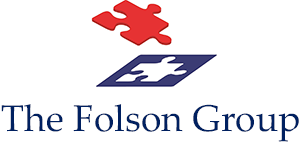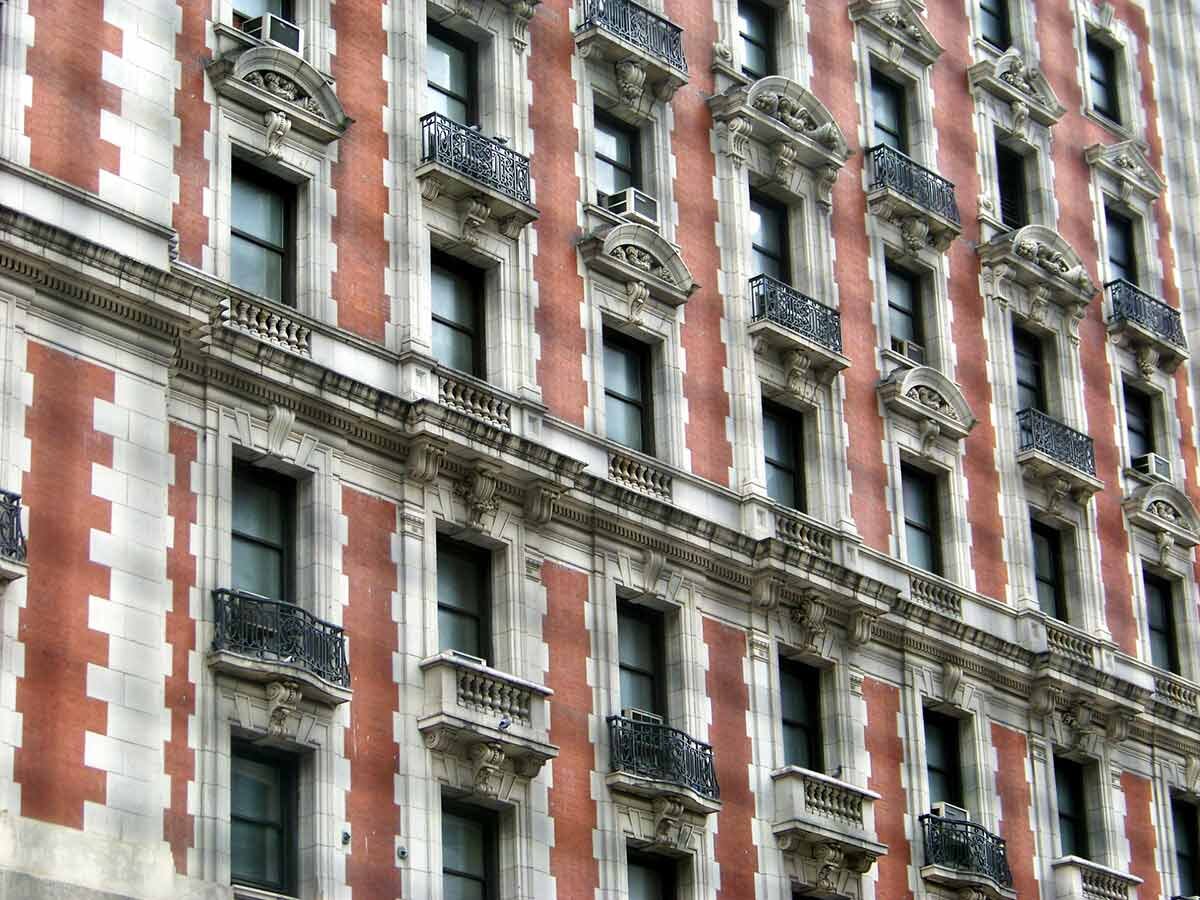The Top 5 Building Codes Every NYC Co-Op or Condo Board Member Should Know
New York City's building codes and laws date back to 1647 and regulate every aspect of your building’s construction and maintenance. New laws are often passed after major disasters, public outcry, or technological advancements, making for frequently changed and updated code requirements. With NYC building codes ever-changing, it can be difficult for boards to stay up to date. Here are the top five building codes that have the most impact on NYC co-ops and condos:
1. Facade Inspection
One of the largest non-operating costs for NYC buildings and the impetus for hundreds of miles of scaffolding in the city, the Facade Inspection Safety Program (FISP), formerly known as Local Law 11, requires that buildings six stories and up have their facades inspected every five years by a Department of Buildings (DOB) approved professional, such as an engineer or architect. Once the report is submitted to the DOB, the results can be found on the DOB website under one of three classifications: Safe - Nothing to repair, Unsafe - Repairs required immediately, or Safe with a Repair and Maintenance Program (SWARMP) - Safe, but requires repair in a timely manner. Read more about recently proposed changes to FISP here.
2. Energy Inspection
Local Law 95 requires an Energy Star score to be posted on the outside of your building. These scores are based on how much carbon the building emits; generally, new buildings will have higher grades while old buildings will have poorer grades. Starting in 2024, buildings with poor energy grades will be subject to fines for too much carbon output as part of Local Law 97 under the Climate Mobilization Act. In addition, older energy codes such as LL84 and LL87 mandate the reporting of annual benchmarking data and periodic energy audits, respectively.
3. Gas Inspection
All NYC building gas piping systems must be inspected periodically as per new Local Law 152. Inspections of gas piping systems are organized by your building’s designated community district, with the first cycle of inspections begun on January 1, 2020 and the last cycle of initial inspections to end by December 2023. After your building’s initial gas piping system inspection by a licensed master plumber or designee, inspections must be performed and submitted every four years, and any unsafe conditions must be corrected immediately.
4. Fire Alarm and Sprinkler Inspection
A cost-effective way to comply with NYC building fire alarm and sprinkler inspection schedules is to have your building superintendent take an online FDNY exam and become the Certificate of Fitness (COF) holder for the building. Individuals who hold the COF are required to inspect the functioning of the components of the building’s fire suppression system, maintain the records and logs of inspection as required in the National Fire Protection Agency (NFPA) and Chapter 9 of the NYC Fire Code, and renew the COF every three years.
5. Elevator Inspection
Elevators are subject to a number of regulations enforced by the NYC Department of Buildings (DOB). Typically, the service provider and an independent inspector perform an annual inspection of your empty elevator; a more rigorous inspection is conducted every five years. More recent regulations require that all NYC elevators are equipped with a door lock monitor that prevents the elevator from moving if the doors are not closed properly, and January 2027 is the deadline to ensure that all non-hydraulic NYC elevators have a second emergency brake.
If your building elevator requires upgrades or you need an alternative bid to inspect and repair your buidling’s facade, The Folson Group provides cost-saving construction contract administrative services that can save you up to 40% on the cost of your project. Email us at info@thefolsongroup.com or call us at (917) 648-8154 to find out more.

